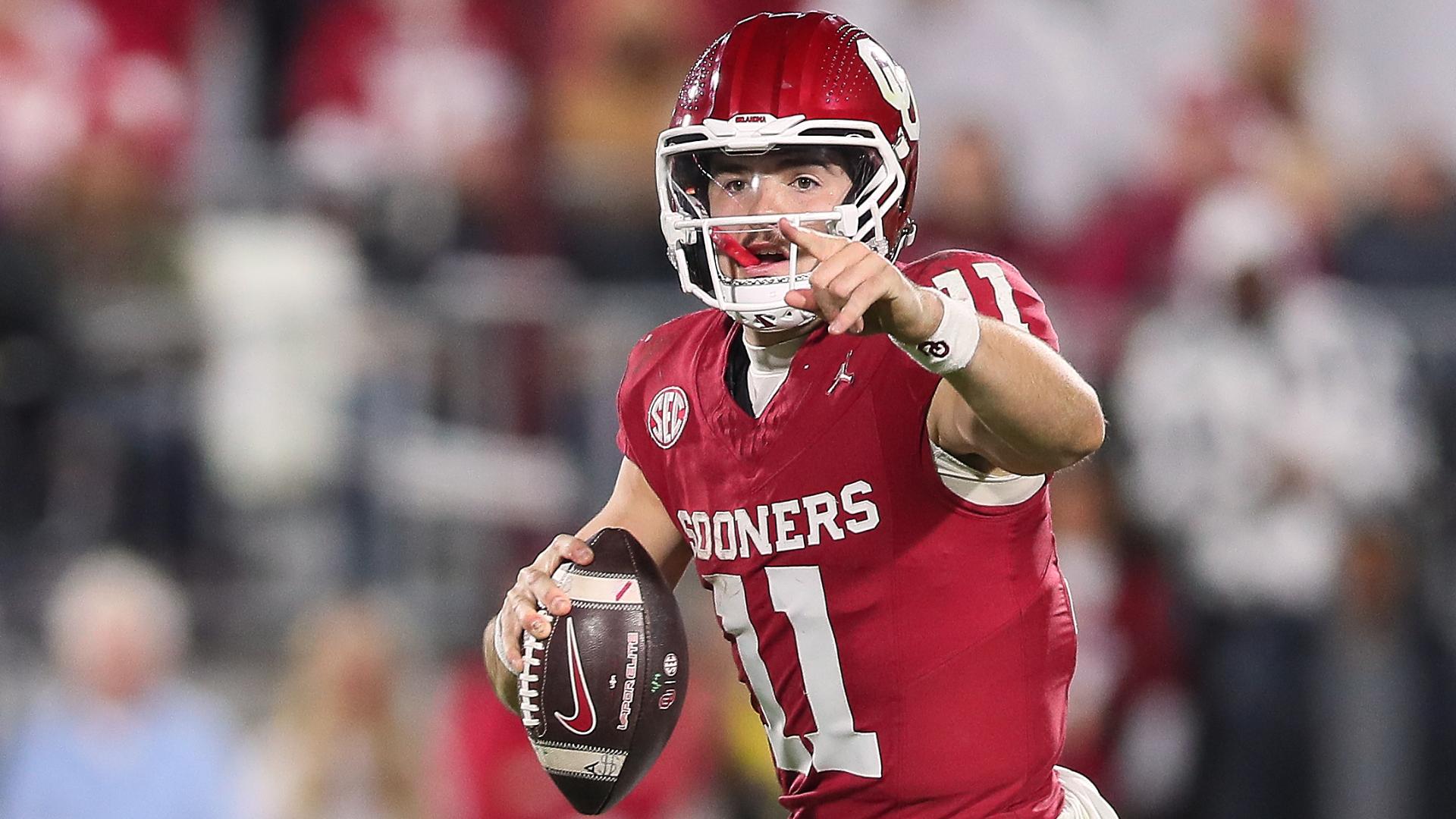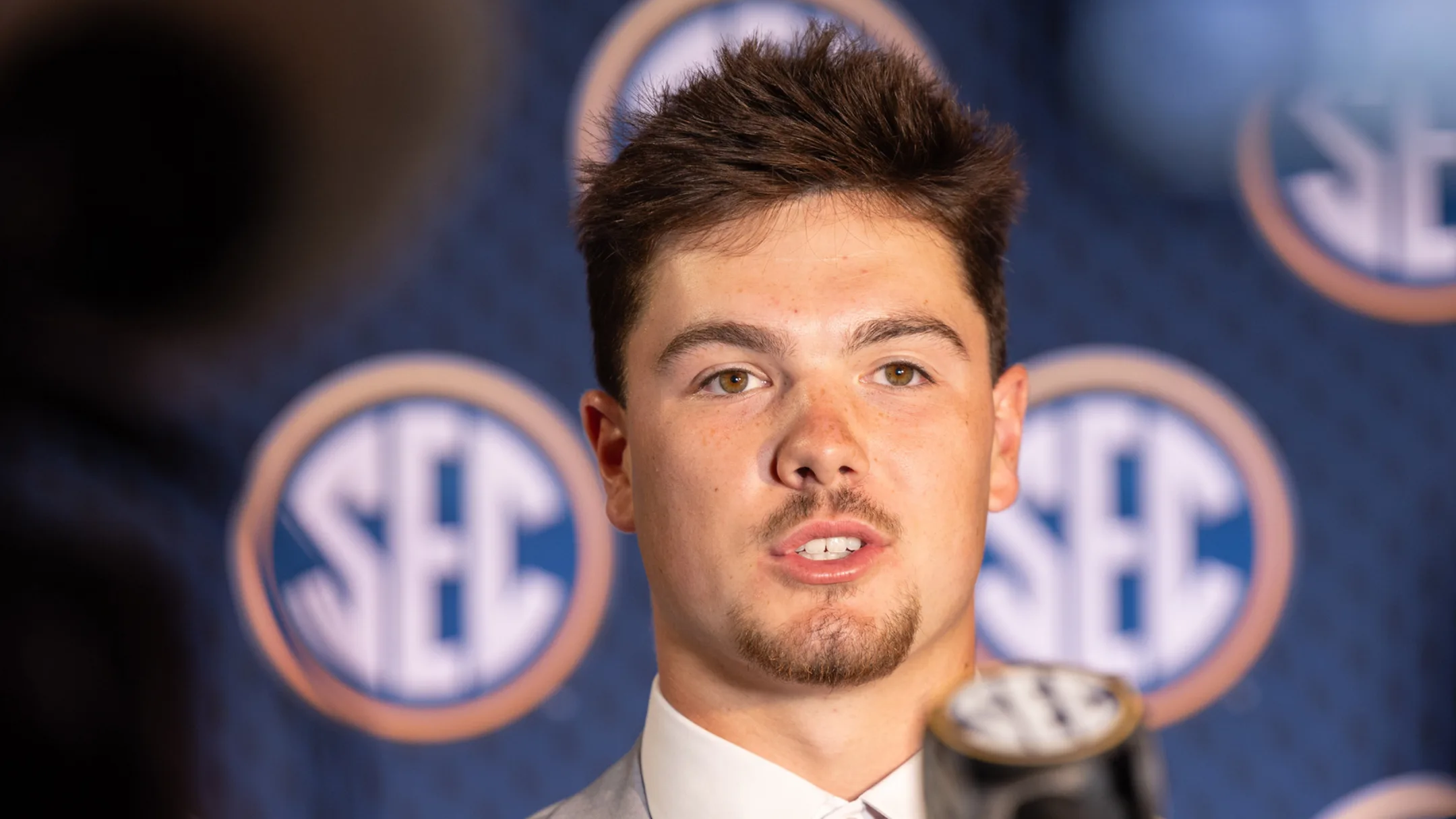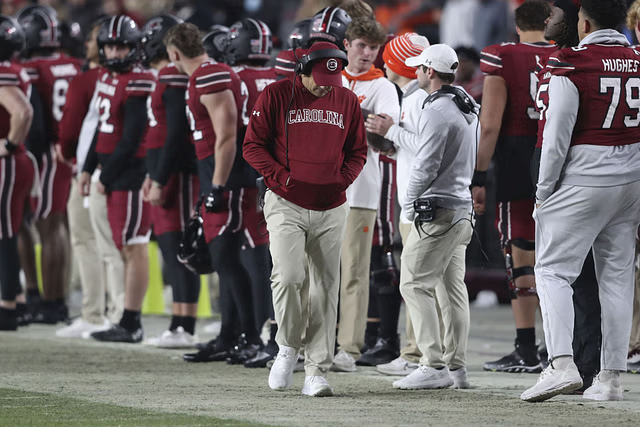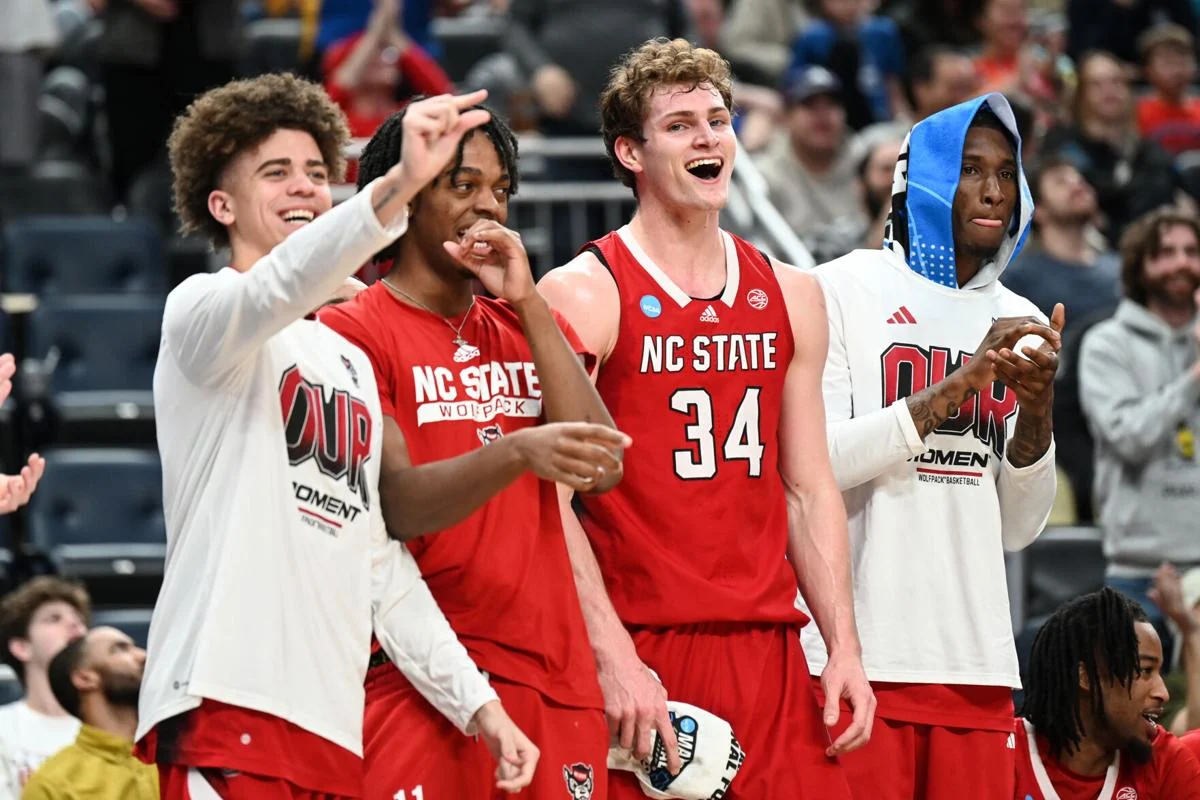In a move that has sent shockwaves through the college football world, Oklahoma Sooners quarterback Jackson Arnold has turned down a substantial $4.2 million Name, Image, and Likeness (NIL) offer from Alabama, opting instead to stay committed to the Sooners. This unprecedented decision underscores a profound commitment to team loyalty and tradition, challenging the prevailing trend of lucrative NIL deals influencing player mobility and team dynamics.
Arnold’s decision is particularly noteworthy given the current landscape of college athletics, where NIL deals have become a significant factor in recruitment and player retention. The substantial offer from Alabama, a powerhouse program in the Southeastern Conference, highlights the financial allure that often sways players. However, Arnold’s choice to remain at Oklahoma reflects a shift towards valuing team culture and personal legacy over immediate financial gain.

This development also casts a spotlight on Michael Hawkins Jr., a true freshman who has stepped into the starting quarterback role for the Sooners. Hawkins, who replaced Arnold during the season, has shown promise with his dual-threat capabilities and poise under pressure. His emergence has not only filled the void left by Arnold but has also sparked discussions about the evolving nature of college football leadership and the impact of NIL on team cohesion.
The implications of Arnold’s decision and Hawkins’ rise are multifaceted. On one hand, Arnold’s loyalty may inspire other players to consider factors beyond financial incentives when making decisions about their collegiate careers. On the other hand, Hawkins’ success could signal a new era for Oklahoma football, where emerging talent and team unity take precedence over individual financial opportunities.
Looking ahead, the future of college football may see a recalibration of priorities. While NIL deals are unlikely to disappear, Arnold’s decision suggests that players may begin to weigh the long-term benefits of team loyalty and personal development more heavily. This shift could lead to a more balanced approach to recruitment and player retention, where financial considerations are just one of many factors influencing decisions.
In conclusion, Jackson Arnold’s rejection of a $4.2 million NIL offer from Alabama, coupled with Michael Hawkins Jr.’s ascent as the Sooners’ starting quarterback, marks a pivotal moment in college football. It challenges the prevailing narrative that financial incentives are the primary drivers of player decisions and emphasizes the enduring value of loyalty, tradition, and team cohesion in the sport’s future.



